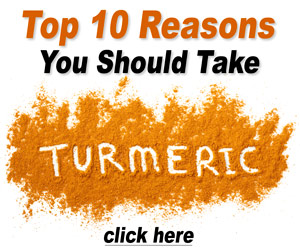Treating Telogen Effluvium

Telogen effluvium (TE) that occurs as a result of surgery, childbirth, or some other temporary condition or event is called acute telogen effluvium. Usually the hair loss will stop on its own and does not require additional treatment.(29, 134)
Sometimes episodes of diffuse hair loss occur again. This is called repetitive or chronic telogen effluvium. In these cases, identification and treatment of the underlying trigger or triggers is paramount to resolving hair loss.(29, 134)
Fortunately, many causes of TE are treatable. There are also a number of options that can help stimulate hair growth and/or improve hair health, replace, or at least improve the appearance of thinning hair:(29, 37, 50, 98, 172)
- Cosmetic solutions
- Herbal and botanical products for healthy hair
- Herbal remedies (including Traditional Chinese Medicine and Ayurveda)
- Medicated shampoos
- Nutritional and supplemental support
- Phototherapy
- Surgical replacement
- Topical growth promoters
It is also important to manage the stress and anxiety that are often associated with hair loss, especially since it can actually make alopecia worse.(30)
Combination Hair Loss
Sometimes telogen effluvium happens at the same time as hormone-related hair loss. With combined hair loss, drugs that inhibit 5α-reductase enzymes or block androgen hormones may be prescribed. Combined estrogen and hormone replacement therapies (those that do not increase androgen hormone levels) can help reverse TE.(20, 29, 32)
Herbal remedies may also help in cases of combination hair loss. In one double-blind prospective study, patients were given either a topical herbal solution or minoxidil to use. The herbal formula contained natural 5α-reductase inhibitors and estrogenic herbs:(50, 179)
The herbal formula significantly reduced the duration of telogen effluvium in comparison to 2% minoxidil.(50, 179)


